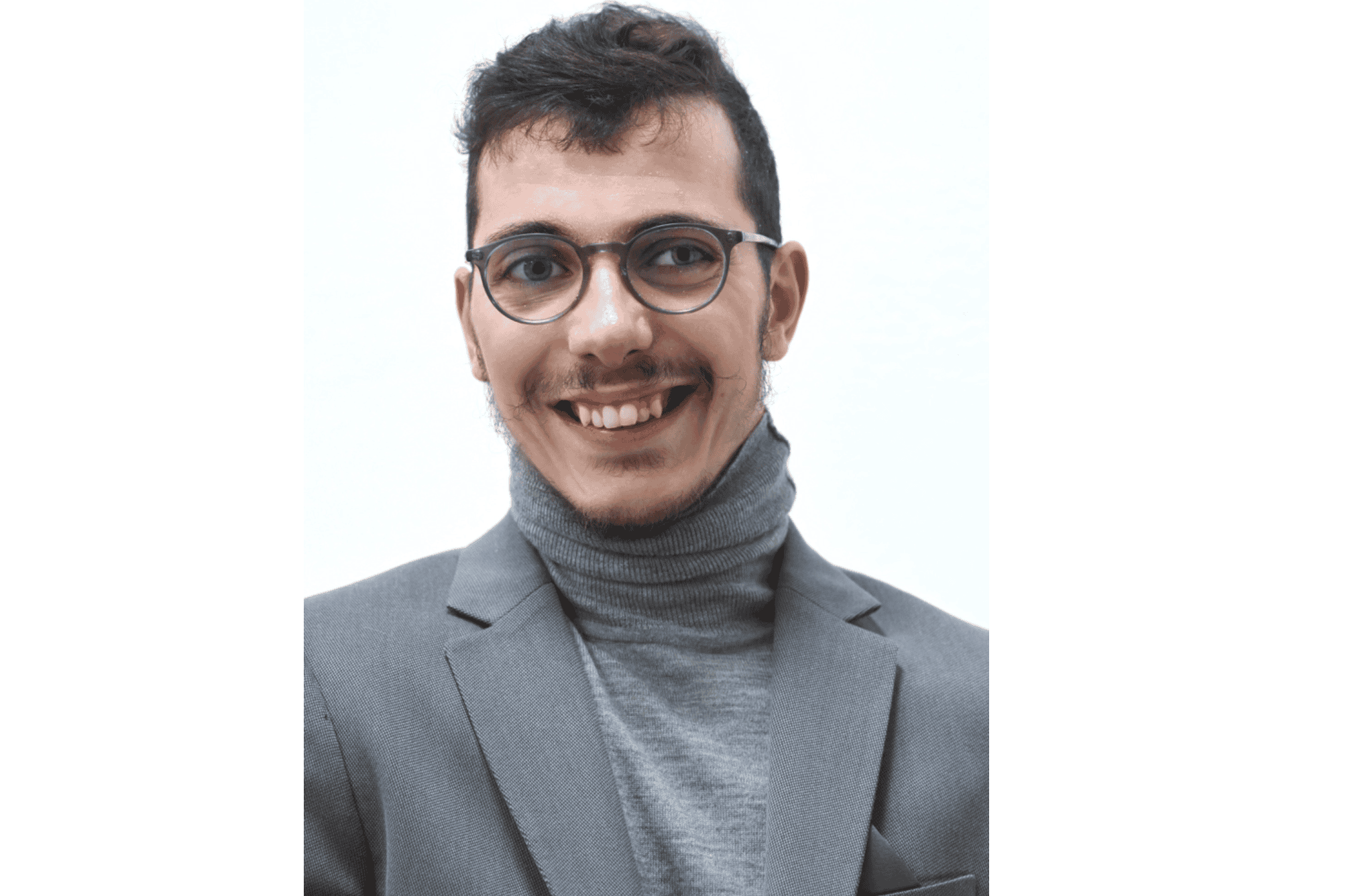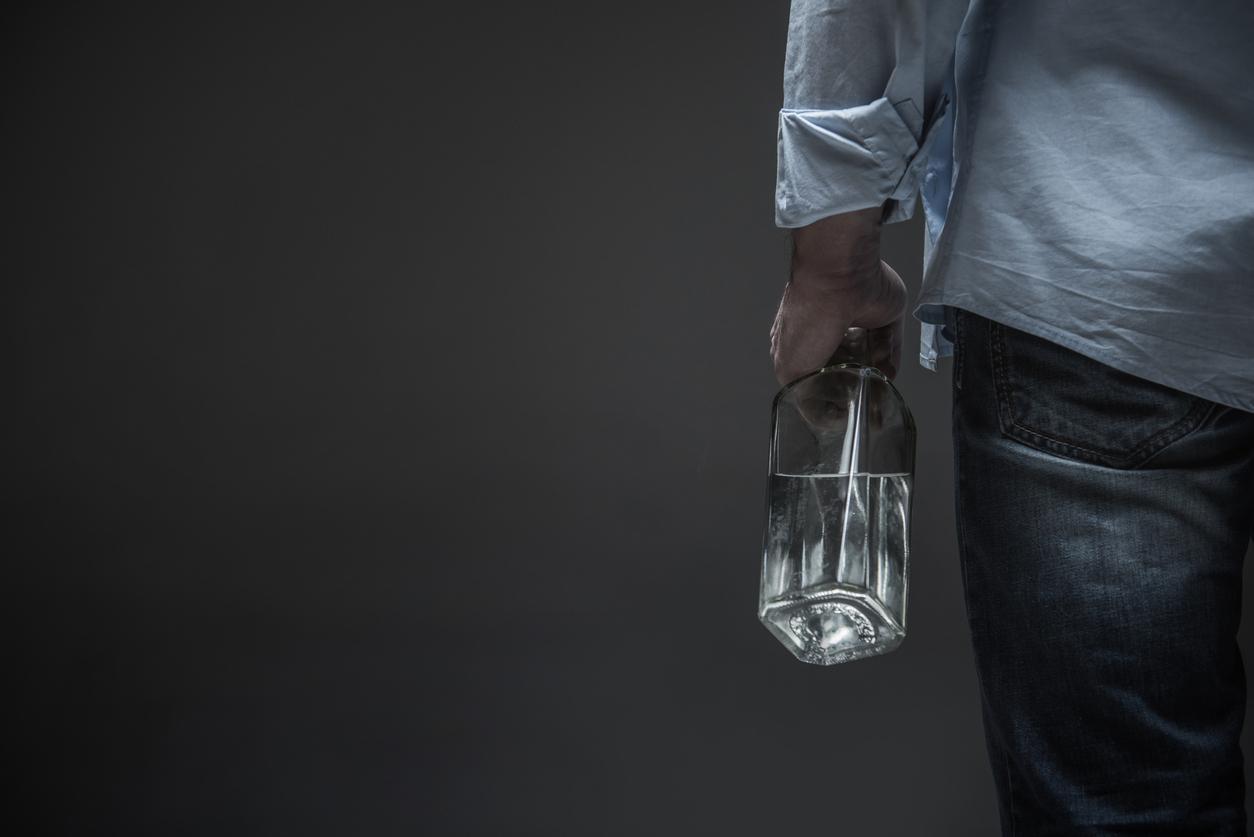The role of caregiver concerns one in five people in France. Beyond the national day dedicated to them on October 6, the authorities launched an awareness campaign throughout this month on their daily lives. Accompanying patients with serious illnesses, caregivers tell the reality of the support they provide them. Testimonials collected with the institutional support of Novartis. Today, that of Stéphanie who accompanies her father suffering from prostate cancer.

- An awareness campaign on the role of caregivers is taking place during the month of October.
- Stéphanie accompanies her father who is suffering from prostate cancer.
- She emphasizes the organization of the caregiver’s life to be able to properly support the patient.
A moment that marks a life: for the family members of a patient who has just learned that he has cancer, they must both integrate this bad news and deal with the emotions it brings. generates. “When a doctor talks about treatment by an oncologist, we know that what happens next is not going to be easy… Everything is falling apart, you say to yourself ‘what is going to happen, is it that he’s going to die soon’, when it comes to a parent, you have your whole life flashing by.”testifies Stéphanie whose septuagenarian father suffers from prostate cancer.
“Moving from my nursing vocabulary to that of a child facing a parent”
However, her job as a nurse has accustomed her to dealing with the news of an illness. “I have already been confronted with patients with prostate cancer, but this is not the same thing, there is all the affect that comes into play”. Being the patient’s daughter this time changed her apprehension of the situation. “I had to master the choice of words, moving from my nursing vocabulary to that used by a child in front of his parents”.
And all cancer specialists agree on this point: maintaining good communication between caregiver and patient is essential. And everything counts, the words chosen like the tone of voice or body language. For Stéphanie, it was also a matter of overcoming the reflex of modesty that accompanies being a girl when the disease concerns her father’s male organs: “I asked myself a lot of questions to know how I could approach things without making him uncomfortable, the penis, the prostate, I was very embarrassed to talk about it with my dad but at the same time I had to so that I can fulfill my role as a caregiver.
https://www.youtube.com/watch?v=bmpWYIDNFM0
A disrupted daily life
Finally, from the moment when the exchange could take place on these subjects –“I caught him between four eyes by telling him ‘I’m your daughter but I’m also a nurse’”-, Stéphanie felt liberated. “This has changed our relationships, I am today much closer to my father and for his part his outlook has changed towards me, he and my mother realized that they could count on me in any situation”she notes to the point of seeing something very positive in this ordeal: “Of course it’s an illness, but it’s been wonderful for all three of us!”
However, her role as caregiver also sometimes places her in situations which are not easy to live with and which have disrupted her daily life. “You have to be there in the most complicated moments, the appointments with the doctors, the return home after the interventions, the care to be provided… You have to be able to organize yourself to take on the role of caregiver and assume your professional missions, take the time to make yourself available to support the patient, explain things. In fact, you have to give the maximum of yourself, not to have the impression of botching the relationship with the patient..
But Stéphanie’s message on the role of caregivers also includes the element of optimism that must accompany the announcement and treatment of cancer: “There are solutions, treatments that work, we must always keep hope.”











-1739366311.jpg)






